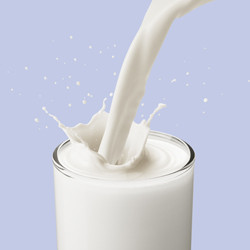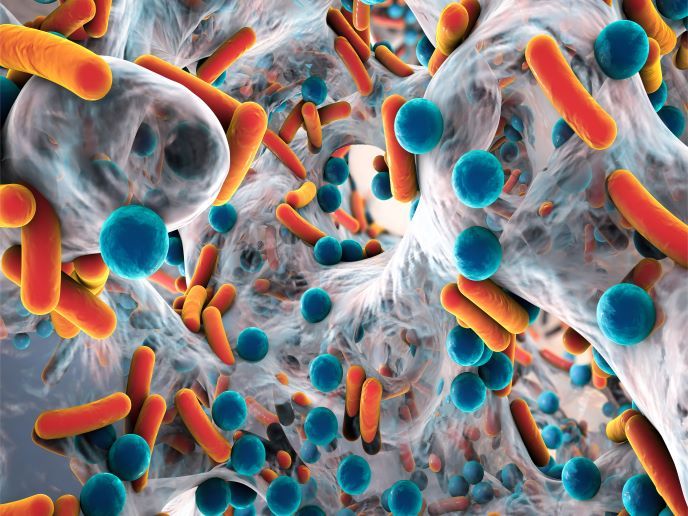Detecting recombinant growth hormone in milk
The growth hormone bovine somatotropin (BST) is used by some dairy producers to increase milk production in cows. Naturally produced BST is obtained only in small amounts from the pituitary glands of slaughtered cattle, while the commercially available hormone is artificially bulk produced in bioreactors. While the United States and several other countries allow farmers to inject their dairy cows with artificial BST, the EU does not approve its use. To detect artificial BST in dairy products imported from countries that approve its administration, the EU-funded UNIQUE-CHECK project developed simple and rapid screening tests by partners: QUB (UK), CER (BE), LABERCA (FR), FORSITE (UK). Distinguishing artificial BST from the near-identical naturally produced BST in milk is a major hurdle in developing such tests, which are usually based on antibody production. UNIQUE-CHECK developed, for the first time, an antibody that specifically recognises and binds to artificially produced BST in preference to the natural version. For simple and rapid detection, researchers designed a ‘dipstick’ test, similar to home pregnancy tests, which changes colour in the presence of a target protein. This is based on a chemical reaction between the target (artificial BST) and the specific antibody that binds to it. To confirm result of the dipstick test, UNIQUE-CHECK also developed a more sophisticated chemical method for unambiguous identification of the synthetic rBST from the natural growth hormone (BST) by means of mass spectrometry measurements based on their chemical charge and mass. Injecting cows with artificial BST is highly controversial, mainly due to animal health risks associated with the practise and concerns over safety for human consumption. While it was previously impossible to tell whether milk consumed in the EU contained this hormone, UNIQUE-CHECK's tests will improve consumer confidence in EU food safety.







